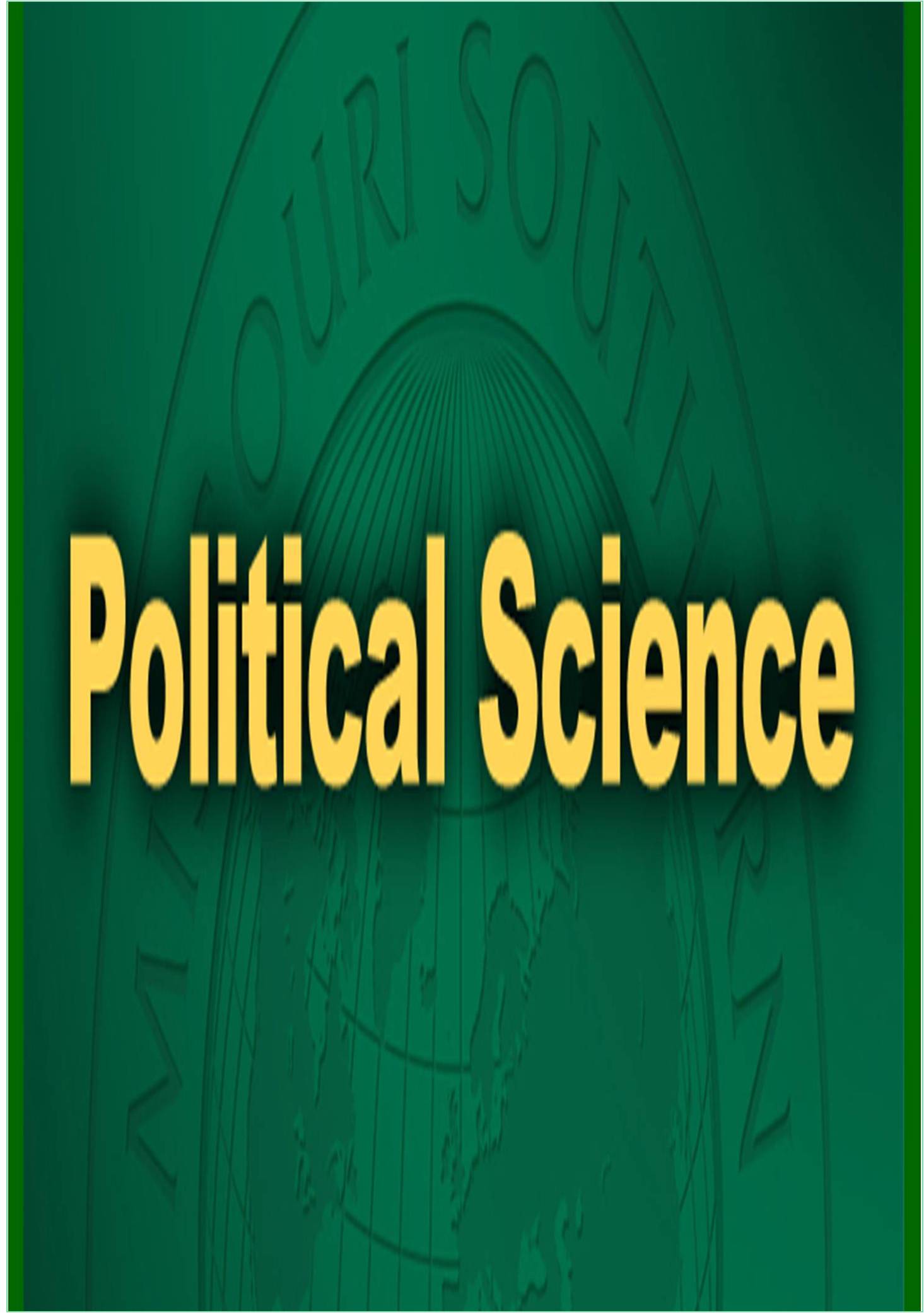



Received: 21-Jul-2022, Manuscript No. GJPSET-22-71959; Editor assigned: 25-Jul-2022, Pre QC No. GJPSET-22-71959 (PQ); Reviewed: 08-Aug-2022, QC No. GJPSET-22-71959; Revised: 16-Aug-2022, Manuscript No. GJPSET-22-71959 (R); Published: 22-Aug-2022, DOI: 10.15651/GJPSET.22.3.029
Democracy existed in ancient Greek and Roman Republics but with little success. In ancient India also only a very little scope of democracy existed. The golden stage of democracy was seen from twentieth century. And today as many countries as 123 in the world have democratic government. The term democracy is derived from the greek word “demokratia” which means rule of the people. Democracy is defined as a form of government in which the supreme power is entrusted in the people and exercised by them directly or indirectly through a system of representation usually concerning periodic free elections In India, the democratic setup has been recognized as a part of the basic structure of the constitution. Since, free and fair elections are the backbone of a democracy; logically they ought to be considered as a part of the basic structure of the Constitution. Election as a process can be an effective instrument of ascertaining popular will both in reality and form only if it is free and fair. Free and fair elections require that the candidates and their agents should not resort to unfair means or malpractices as impinge upon the process of free and fair elections. There cannot be a free and fair election if the majority of the electors by reasons of irregularities in the mode of conducting the election, have been prevented from electing the candidates they preferred. Again, there cannot be a free and fair election if the party in power misuses official machinery. The preamble of our Constitution asserts that we are a Democratic Republic. Democracy being the basic feature of our constitutional set up, there can be no two opinions that free and fair elections to our Legislative bodies alone would guarantee the growth of a healthy democracy in the country.
In order to safeguard the transparency of the election process, it was thought by our Constitution makers that the responsibility to hold free and fair elections in the country should be entrusted d to an independent body which would be insulated from political and/or executive interference. It is inherent in a democratic set up that the agency which is entrusted the task of holding elections to the Legislatures should be fully insulated so that it can function as an independent agency free from external pressures from the party in power or executive of the day. This objective is achieved by the setting up of an Election Commission, a permanent body, under Article 324 (1) of the Constitution. The superintendence, direction and control of the entire election process in the country have been vested under the said clause in a Commission called the Election Commission. India, a country with 1.20 billion people, gave itself a constitutional guarantee and commitment to its Preamble to the Constitution that India shall be a Sovereign, Socialistic, Secular, Secular, Republic and Democratic. To achieve this sacrosanct goal, the constitution provided Article 324 providing for setting up of Election Commission as an independent constitutional authority, which was brought into force from 26th November, 1949.